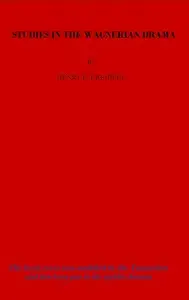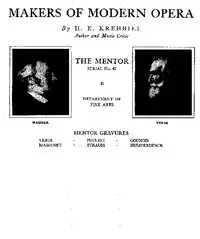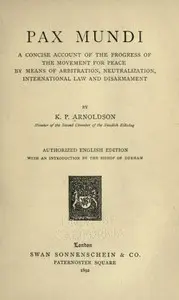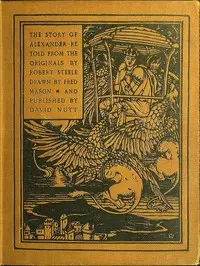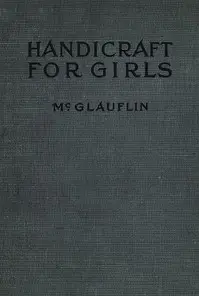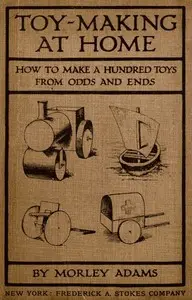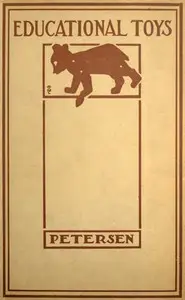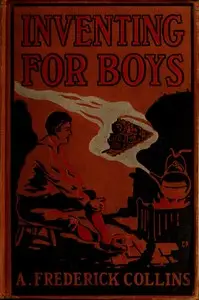"How to Listen to Music, 7th ed." by Henry Edward Krehbiel is a guide on music appreciation written in the late 19th century. The work is designed for the general public, specifically targeting those who cherish music but lack the technical training to fully comprehend and enjoy its intricacies. The author aims to enhance the experience of listening to music by providing insights into the elements that constitute musical pieces, fostering a deeper understanding and appreciation of the art form. At the start of the text, Krehbiel outlines his intention to address the sector of music lovers who may find joy in attending concerts but do so with a superficial grasp of the music they hear. He emphasizes that true appreciation of music requires active listening and a willingness to engage intellectually with musical elements like melody, harmony, and rhythm. Through observations and reflections on common misconceptions about music, he sets the stage for a thoughtful exploration of how listeners can refine their listening skills, ultimately advocating for a more profound connection with the art of music beyond mere enjoyment. (This is an automatically generated summary.)
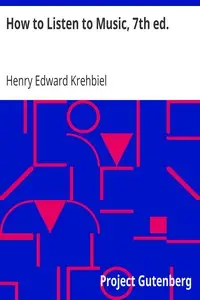
How to Listen to Music, 7th ed. Hints and Suggestions to Untaught Lovers of the Art
By Henry Edward Krehbiel
"How to Listen to Music, 7th ed." by Henry Edward Krehbiel is a guide on music appreciation written in the late 19th century. The work is designed for...
Henry Edward Krehbiel was an American music critic and musicologist who was the chief music critic of The New York Tribune for more than forty years. Along with his contemporaries Richard Aldrich, Henry Theophilus Finck, W.J. Henderson and James Huneker, Krehbiel is considered part of the 'Old Guard', a group of leading New York–based music critics who first established a uniquely American school of criticism. A critic with a strong bend towards empiricism, he frequently sought out first hand experiences, accounts and primary sources when writing; drawing his own conclusions rather than looking to what other writers had already written. A meliorist, Krehbiel believed that the role of criticism was largely to support music that uplifted the human spirit and intellect, and that criticism should serve not only as a means of taste making but also as a mode to educate the public. His book How to Listen to Music was widely used as an instructional guide by the music consuming public in the United States during the last years of the 19th century and first several decades of the 20th century.

